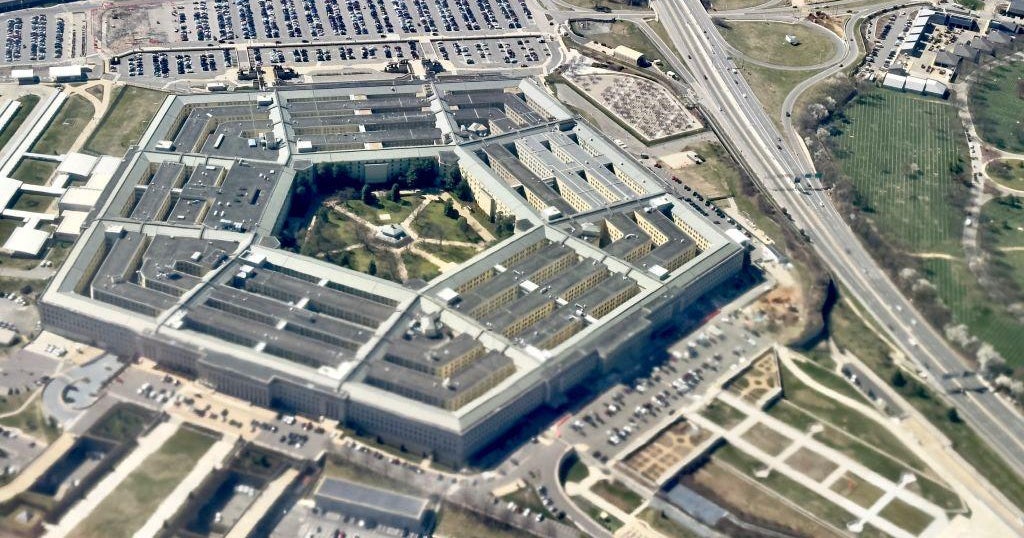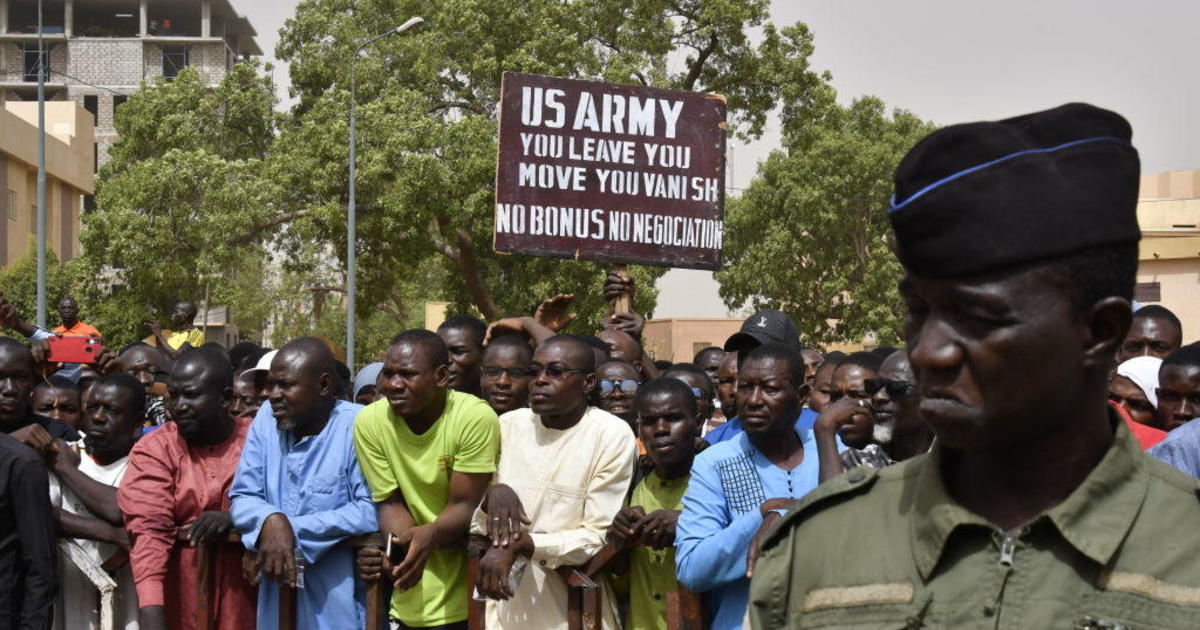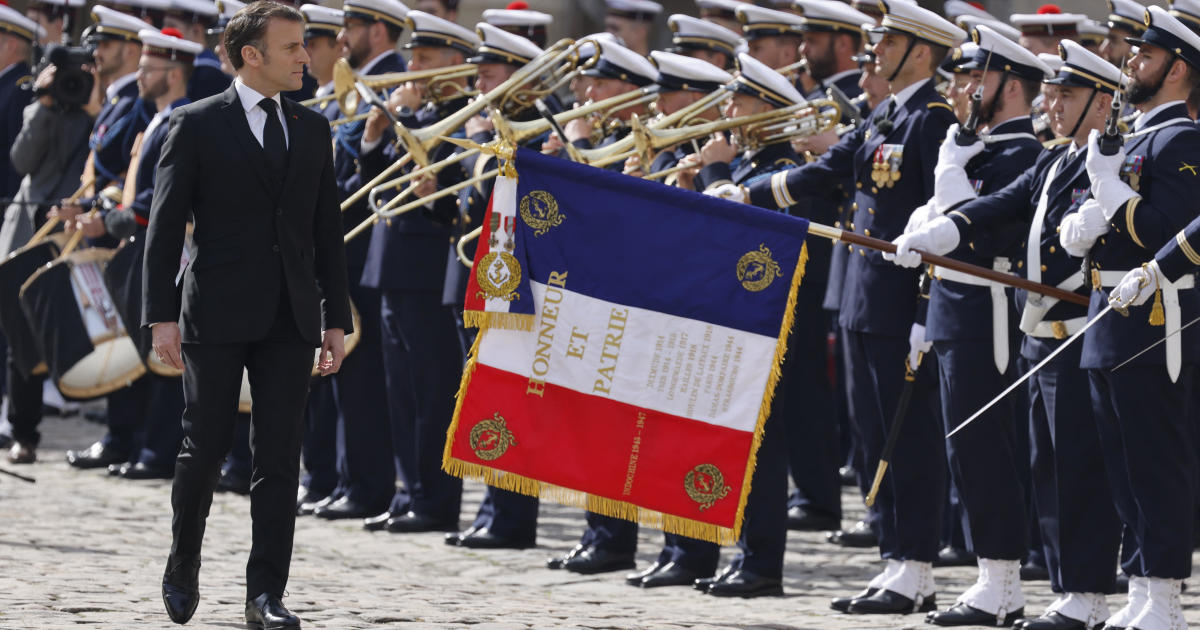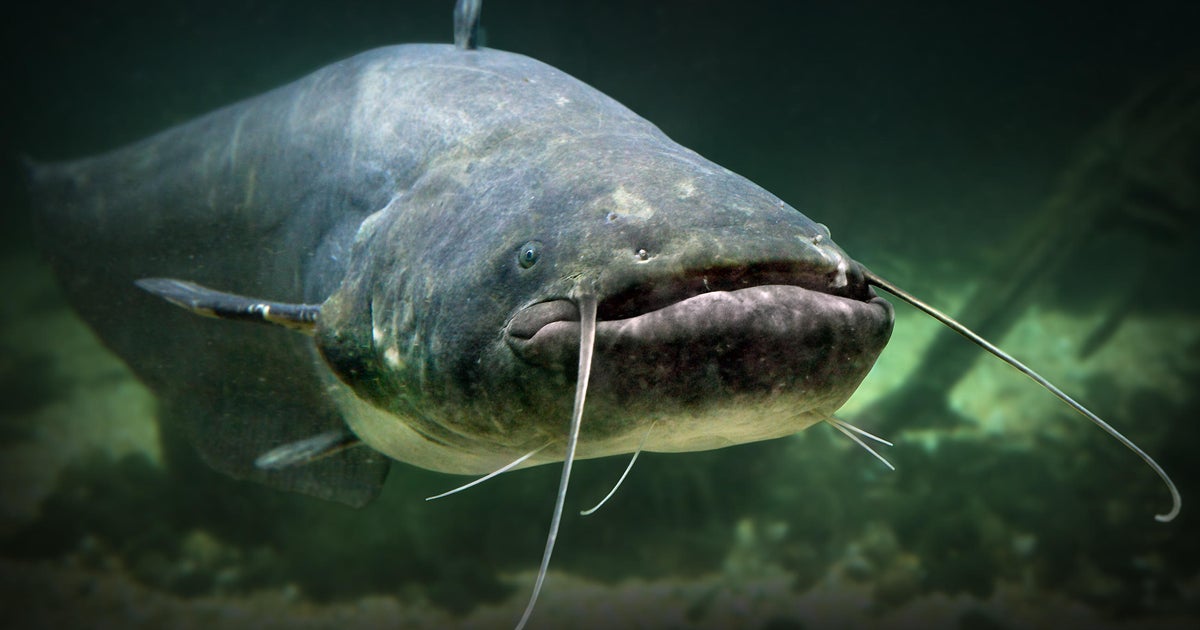Syria crisis: "Window is closing" for response that makes difference, military analyst says
The U.S. has a number of actions in responding to the alleged chemical attack in Syria, but it's a more difficult challenge than "just kind of firing ready, aim here," said CBS News Radio military analyst Mike Lyons. But most importantly, Mr. Trump's "got to be careful not to get goaded into doing something that's not in the best interest of the United States," Lyons told CBSN's Meg Oliver Tuesday.
"I think as more time is going on, that window is closing for some kind of response that's going to make any difference on the ground," Lyons said, noting that it still needs to be proven if it was a chemical attack.
Reports out of Syria suggest dozens of people were killed in rebel stronghold Douma, near Damascus, on Saturday in attack using chemical weapons. Initial reports from the humanitarian group known as the White Helmets and Syrian American Medical Society indicated that chlorine gas might have been the agent used.
Last year, the U.S. launched 59 tomahawk missiles on a Syrian base that was believed to have launched a chemical attack. Lyons called that response "small" and recommended Mr. Trump think "through whether he wants a tactical response, something quick on the ground, or he's got to think through the strategy hopefully involving our allies."
The U.S. is still trying to determine what happened in Syria. Mr. Trump, though, tweeted on Sunday "many dead, including women and children, in mindless CHEMICAL attack in Syria. Area of atrocity is in lockdown and encircled by Syrian Army, making it completely inaccessible to outside world. President Putin, Russia and Iran are responsible for backing Animal Assad. Big price to pay. Open area immediately for medical help and verification. Another humanitarian disaster for no reason whatsoever. SICK!"
International chemical watchdog groups are on their way into Syria, but Lyons warned that it could be difficult to find remnants of the alleged attack. "It's hard to make a chemical weapons strike – in most cases, they've come out of helicopters, or planes – you don't want a rocket delivery because it endangers the crew," Lyons said.
Lyons said the U.S. is searching for that "Cuban Missile Crisis moment, where they show the world that Russia is involved." But, he cautioned, Russia will most likely deny any involvement, and the longer the wait for a response, the less likely remnants will be around.



